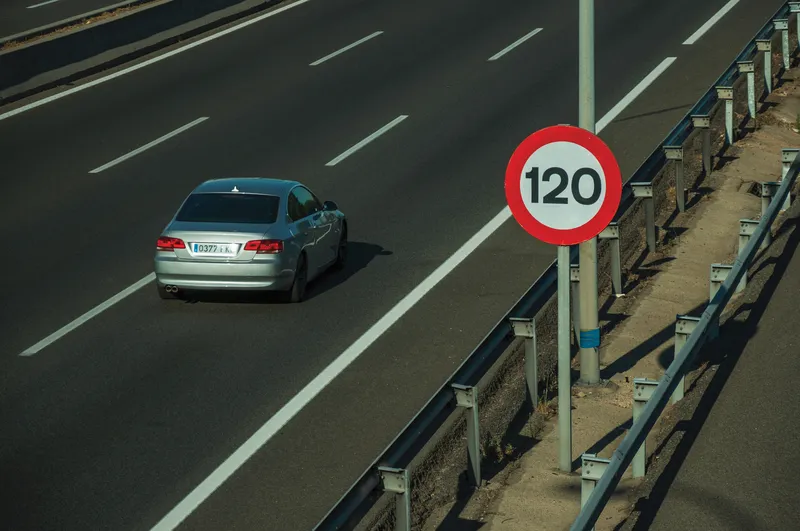Spanish rail administrator Adif has awarded the Thales and Siemens joint venture a US$38.6 million contract to carry out works for the signalling facilities, train protection systems, fixed telecommunications and centralised traffic control for the Chamartín-Torrejón de Velasco section of Spain’s high speed rail network. The project also includes work on the 7.3 km long Atocha-Chamartín tunnel and a maintenance period of 36 months.
Siemens Rail Automation will be responsible for modernising the Trackguar
August 17, 2015
Read time: 2 mins
Spanish rail administrator Adif has awarded the 596 Thales and 189 Siemens joint venture a US$38.6 million contract to carry out works for the signalling facilities, train protection systems, fixed telecommunications and centralised traffic control for the Chamartín-Torrejón de Velasco section of Spain’s high speed rail network. The project also includes work on the 7.3 km long Atocha-Chamartín tunnel and a maintenance period of 36 months.
Siemens Rail Automation will be responsible for modernising the Trackguard Westrace technology electrical interlocking located at Chamartín station and its extension as far as the new southern head of Chamartín station. It will also undertake alterations to the centralised traffic centre (CTC) and provide its ASFA train protection system in the Atocha-Chamartín tunnel and on the track section up to Torrejón de Velasco. In addition, Siemens will install its Clearguard FS3000 line circuits along with LED signals and associated cabling and will carry out auxiliary civil engineering works as well as the construction of a technical building in Chamartín.
Thales will take responsibility for extending and adapting the existing level 1 and level 2 ERTMS protection system in Chamartín station, including the modification of two control centres. It will also provide LockTrac electronic interlockings, ERMTS L1 AlTrac train protection equipment, security systems (CCTV) and fixed telecommunications to the Chamartín and Torrejón de Velasco section to facilitate the circulation of trains. Thales will also extend the train traffic control and protection facilities at the Torrejón de Velasco junction, Madrid-Seville high-speed line, with the necessary technology for the link with the new line. It will also adapt the CTC on the Madrid-Seville high-speed line.
Siemens Rail Automation will be responsible for modernising the Trackguard Westrace technology electrical interlocking located at Chamartín station and its extension as far as the new southern head of Chamartín station. It will also undertake alterations to the centralised traffic centre (CTC) and provide its ASFA train protection system in the Atocha-Chamartín tunnel and on the track section up to Torrejón de Velasco. In addition, Siemens will install its Clearguard FS3000 line circuits along with LED signals and associated cabling and will carry out auxiliary civil engineering works as well as the construction of a technical building in Chamartín.
Thales will take responsibility for extending and adapting the existing level 1 and level 2 ERTMS protection system in Chamartín station, including the modification of two control centres. It will also provide LockTrac electronic interlockings, ERMTS L1 AlTrac train protection equipment, security systems (CCTV) and fixed telecommunications to the Chamartín and Torrejón de Velasco section to facilitate the circulation of trains. Thales will also extend the train traffic control and protection facilities at the Torrejón de Velasco junction, Madrid-Seville high-speed line, with the necessary technology for the link with the new line. It will also adapt the CTC on the Madrid-Seville high-speed line.







